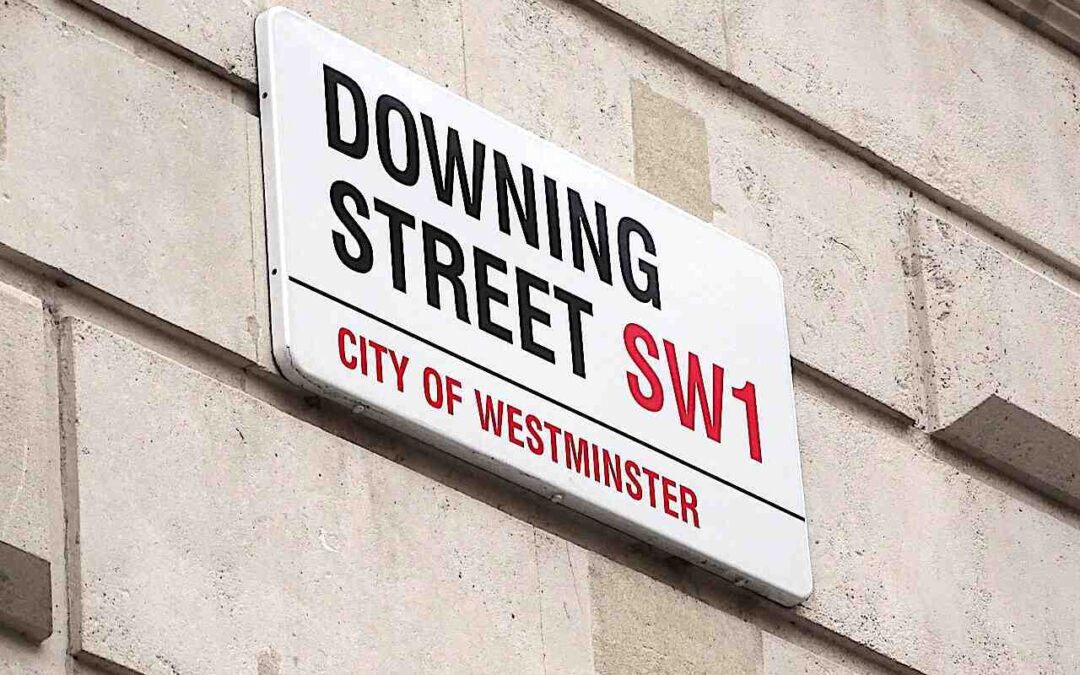World Day for Safety and Health at Work has been observed annually since 2003 and will take place on 28 April this year. At inception, the intention was to stress the importance of preventing accidents and raise awareness in connection with the need to minimise the occurrence of diseases at work. Since 2003, however, the world of work has changed considerably and the traditional causes of accidents and diseases at work, as well as the nature of those accidents and diseases, have evolved. New risks have arisen as a result of the introduction of new technologies and production processes and new pressure points have emerged as a result of the expansion of the gig economy, the intensification of workloads and expectations and the proliferation of remote and hybrid working.
Significant amongst these new risks is the risk of work damaging an employee’s mental health and wellbeing. The Health and Safety Executive (HSE) reports that in 2022, 1.8 million working people suffered from a work-related illness, of which 914,000 cases were work related stress, depression and anxiety. That’s a huge number and highlights the magnitude of this issue in the modern working world. Given the legal responsibility to protect employee health, safety and welfare all employers bear under the Health and Safety at Work Act 1974, the potential cost of breaching those duties and the business-oriented implications of poor employee mental health and wellbeing (such as reduced productivity, increased performance errors, more frequent conflicts and complaints, reduced engagement and motivation, increased rates of absence and higher rates of turnover). It’s vital we give it some significant thought.
So, in the build up to World Day for Safety and Health at Work, let’s take a moment to think about what we can do to reduce the risk of harm to the mental health and wellbeing of our staff in a bid to create safer workplaces and healthier workforces.
The first area to consider is the training you provide. Could you, for example, consider providing stress management training to your staff and managers, to ensure your staff know how to minimise their own stress and your managers know how to support an employee who is experiencing stress? Not only does providing this sort of training assist with tackling the specific issue of work-related stress, it also upskills your staff which can contribute to their feeling of being developed and invested in and provides your managers with greater confidence and a sense of comfort when handling tricky situations with their team members.
Similarly, might you think about rolling out a Mental Health First Aid (MHFA) strategy? MHFA training is designed to equip individuals with the skills necessary to provide initial support to someone experiencing a mental health crisis and to raise the profile of mental health in the workplace more generally, instigating dialogue on the ground and helping to reduce and tackle the associated stigma. Having employees trained in MHFA can make a significant difference in the workplace, helping first aiders identify mental health and wellbeing risks early on and intervene to minimise the likelihood of escalation.
In addition, there are a number of initiatives employers can introduce to support employee wellbeing and make it clear there is an organisational commitment to so doing. For example, employers can provide wellbeing-focused benefits such as access to an Employee Assistance Program (EAP), private medical insurance or financial wellbeing advice. Employers can also implement and actively encourage the use of policies that promote better work-life balance, such as flexible working, sabbaticals and training and development. It’s worth considering how you communicate with your staff and gain a better insight in respect of their wellbeing, giving thought to carrying out satisfaction surveys, stay interviews and even psychometric testing.
Finally, critically evaluating your workplace culture is an important and informative process which can serve to uncover problem patches and highlight areas for investment. For example, are your managers role modelling healthy behaviours which protect their own wellbeing and demonstrate to their team members that they can do the same or, in the alternative, are they culprits of presenteeism and ‘always on’ culture, sending emails at midnight and working on their days off and during their holidays? Similarly, what behaviours are recognised and rewarded – are staff lauded for soldiering on through unreasonable workloads and hitting impossible deadlines or are they, more helpfully, respected for maintaining boundaries and saying ‘no’ assertively, when their capacity won’t allow for another task to be added to their ‘to do’ list?
Where problems are identified, training can be useful. One such training course likely to prove valuable in your workplace is mental health first aid training, which can equip your team with the skills and knowledge necessary to support their colleagues.
At Loch Associates Group, we can help you devise and implement a wellbeing strategy that supports your staff and benefits your organisation as a whole. To find out more about what we can offer you, visit our contact page.







